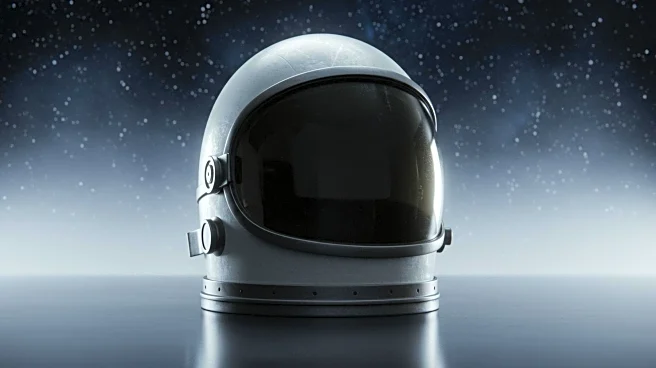What's Happening?
James Lovell, the celebrated astronaut known for his role in the Apollo 13 mission, has passed away at the age of 97. Lovell was instrumental in safely returning the Apollo 13 crew to Earth after a critical malfunction during their mission to the moon. His career spanned several historic spaceflights, including Gemini and Apollo missions, and he was recognized with numerous awards, including the Congressional Space Medal of Honor. Lovell's legacy is marked by his contributions to space exploration and his ability to inspire others with his optimism and humor.
Why It's Important?
James Lovell's contributions to space exploration have had a lasting impact on the U.S. space program and its development. His leadership during the Apollo 13 crisis demonstrated the importance of problem-solving and teamwork in overcoming challenges in space missions. Lovell's legacy continues to inspire future generations of astronauts and engineers, emphasizing the value of perseverance and innovation in scientific endeavors. His story also highlights the historical significance of the Apollo program in advancing human understanding of space and technology.
What's Next?
Lovell will be laid to rest next to his wife at the Naval Academy in Annapolis, Maryland, following a private military memorial service. His passing may prompt renewed interest in the history of space exploration and the lessons learned from the Apollo missions. As the U.S. continues to pursue ambitious space goals, Lovell's legacy serves as a reminder of the challenges and triumphs of early space exploration.
Beyond the Headlines
Lovell's life and career offer insights into the evolution of space technology and the human spirit's capacity to overcome adversity. His experiences underscore the importance of collaboration and innovation in achieving seemingly impossible goals. Lovell's story also reflects broader cultural shifts in the perception of space exploration, from a Cold War competition to a collaborative effort for scientific advancement.










